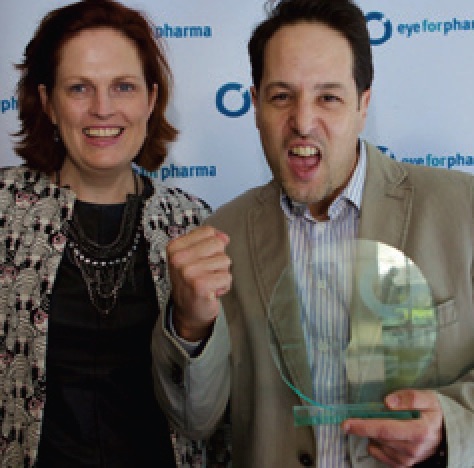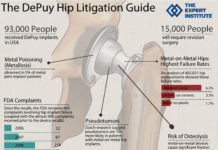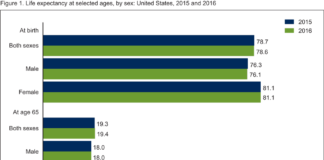Pharma Industry News Update: 4 August 2017
Your Sales Details Are Weak!

“Stale” Too, Say Internet-Savvy Physicians
[From www.drgdigital.com] Despite the pharma sales force making great strides towards “digitizing the field” with tablets and other technologies – a new study from DRG Digital’s Manhattan Research finds that the content reps are showing in details is often old news. Physicians who see sales reps say that over half of the time (51%), the reps show them information they have already seen through their own research or in previous meetings.
The ePharma Physician® study of 1,814 U.S. practicing physicians across 25 specialties found several key missed opportunities in the field.
Details are not evolving in step with physicians’ reliance on digital for info, says the report.
Pharmaguy’s Insight:
A funny thing happened on my way to being PharmaGuy — I started out working in a pharma sales training company where I developed computer-based training (CBT) programs at a time when most sales reps did not have laptop (notebooks not invented yet) computers.
I remember sales training programs that started out with the basic biology of the disease treated by the product — that was pretty intense. We had medical writers working on the content, which went on and on for pages!
When the Internet came along and all sales reps had computer that could access the Net, I suggested that the biology portion of the CBT provide links to trusted disease information that was already on the Internet. But that idea did not fly.
In those days, most new sales reps majored in biology in college. These days, most reps seem to have majored in cheerleading.
Further Reading:
- “One-Click Rule” Also Won’t Work for Print Sales Aids Says FDA.
- Sales Reps Are Dead to #pharma: Are eDetails the answer?
![]()
 “Trust Me, I’m a Pharma Company”
“Trust Me, I’m a Pharma Company”
AbbVie’s YouTube Doctors’ Channel Case Study
[From 1.eyeforpharma.com] “Patients are looking for reliable and objective disease information,’ says Doron Obazanek, Public Affairs Manager at AbbVie. “The challenge for us is that any information coming from a pharma company is perceived as biased. But when you see a real unmet need among patients, you have to do something about it.”
Providing impartial information to patients might sound simple, but it comes with a wide range of challenges and potential pitfalls.
AbbVie’s YouTube Doctor’s Channel case study will be discussed in more detail at Patient Summit Europe 2017 (19-20 October).
Learn More About the Case Study…
Pharmaguy’s Insights:
I don’t want to be a “Debbie Downer,” but a federal jury in Chicago recently ordered AbbVie to pay $150 million in punitive damages for fraudulently misrepresenting the risks of its AndroGel testosterone replacement drug (see here). Yes indeed, “providing impartial information to patients” comes with “challenges and pitfalls” for pharma marketers.
Teaching Oncologists How to Use New-Fangled Precision Meds

Multi-Channel Learning Best, Says Study
[From www.jmir.org] Background: Precision medicine has resulted in increasing complexity in the treatment of cancer. Web-based educational materials can help address the needs of oncology health care professionals seeking to understand up-to-date treatment strategies.
Objective: This study aimed to assess learning styles of oncology health care professionals and to determine whether learning style-tailored educational materials lead to enhanced learning.
Conclusions: Although the study demonstrated more learning with learning style-tailored educational materials, the magnitude of increased learning and the largely multimodal learning styles preferred by the study participants lead us to conclude that future content-creation efforts should focus on multimodal educational materials rather than learning style-tailored content.








![6 Digital Tools at the Center of Healthcare Digitalization [INFOGRAPHIC]](http://ec2-54-175-84-28.compute-1.amazonaws.com/pharma-mkting.com/wp-content/uploads/2021/04/6DigitalTools_600px-100x70.jpg)




